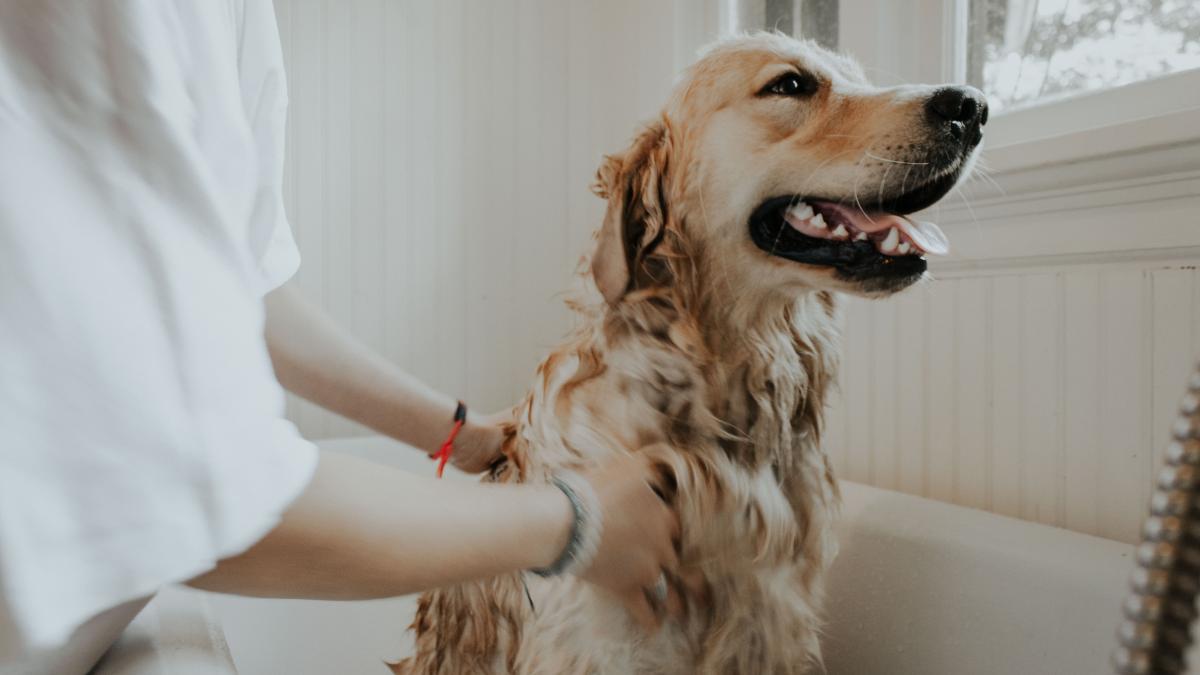
Photo: Autri Taheri/Unsplash.
UW Center for One Health Research launches new study on monkeypox transmission between people and their pets
A new UW study is inviting pet owners who test positive for monkeypox to also have their animals screened for the virus. The Monkeypox and Pets Study is accepting enrollees in King County. Owners of dogs, cats, ferrets, rats, mice and hamsters may participate. The study will not include reptiles or birds.
“We're enrolling households where someone has been diagnosed with monkeypox and our team can go out and provide free testing of the animals and be able to tell with this study how big a problem this is: How many of the pets in households with monkeypox patients are getting infected,” said Dr. Peter Rabinowitz, a professor in the University of Washington schools of Medicine and Public Health.
The study is underway in the Center for One Health Research, which Rabinowitz directs and which is based in the UW Department of Environmental & Occupational Health Sciences (DEOHS).
An open question
The Lancet this month reported evidence of one instance of human-to-dog monkeypox transmission in France. Rabinowitz says, though, that researchers have much to learn about the virus' ability to spread between people and pets.
“We don't have any evidence at this point that a pet could infect a human (with monkeypox), but it just means that we should be cautious and take reasonable precautions at this point.”
How to reduce transmission risks

Pet owners can reduce the risk of infecting pets by washing their hands often, especially after time spent outside, and by not using items such as bowls and dishes that are also used by animals, he said.
Since monkeypox transmission between people can happen through close physical contact, pet owners might be mindful of that with pets, too—for instance, with those that share your bed.
“You might want to just not be super close to the animal and give a little distance. If you kiss your animal, realize you're putting yourself and maybe the animal at some increased risk,” Rabinowitz added.
The Center for One Health Research previously tracked the household transmission of COVID-19 between people and their pets, finding that about 40% of the animals tested seropositive for COVID-19 antibodies. That suggested that the pets had been infected via an exposure to their virus-carrying owners.
Adapted from the original release here.

